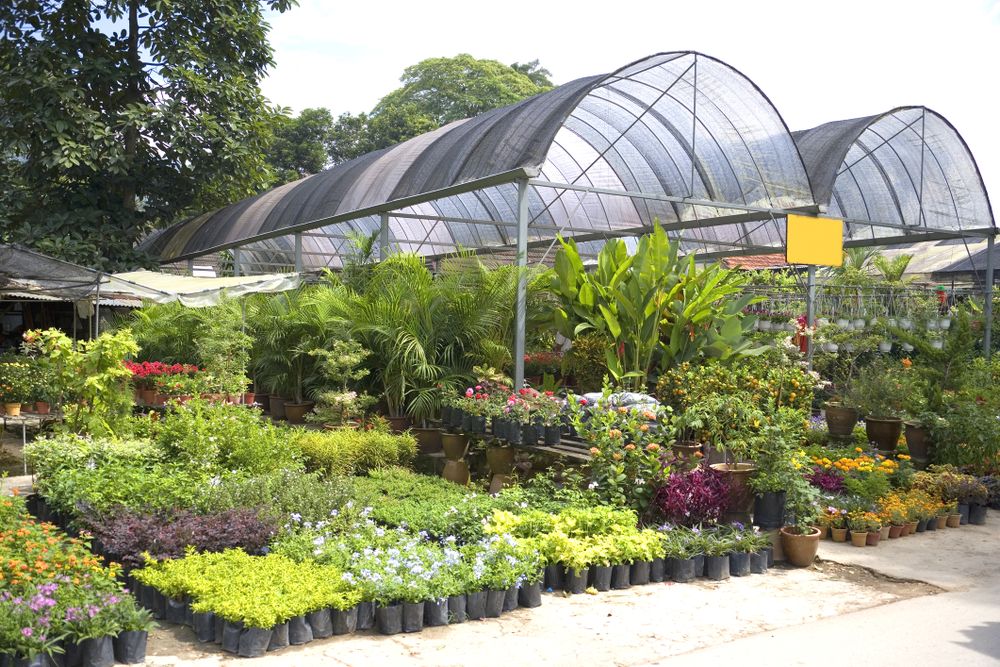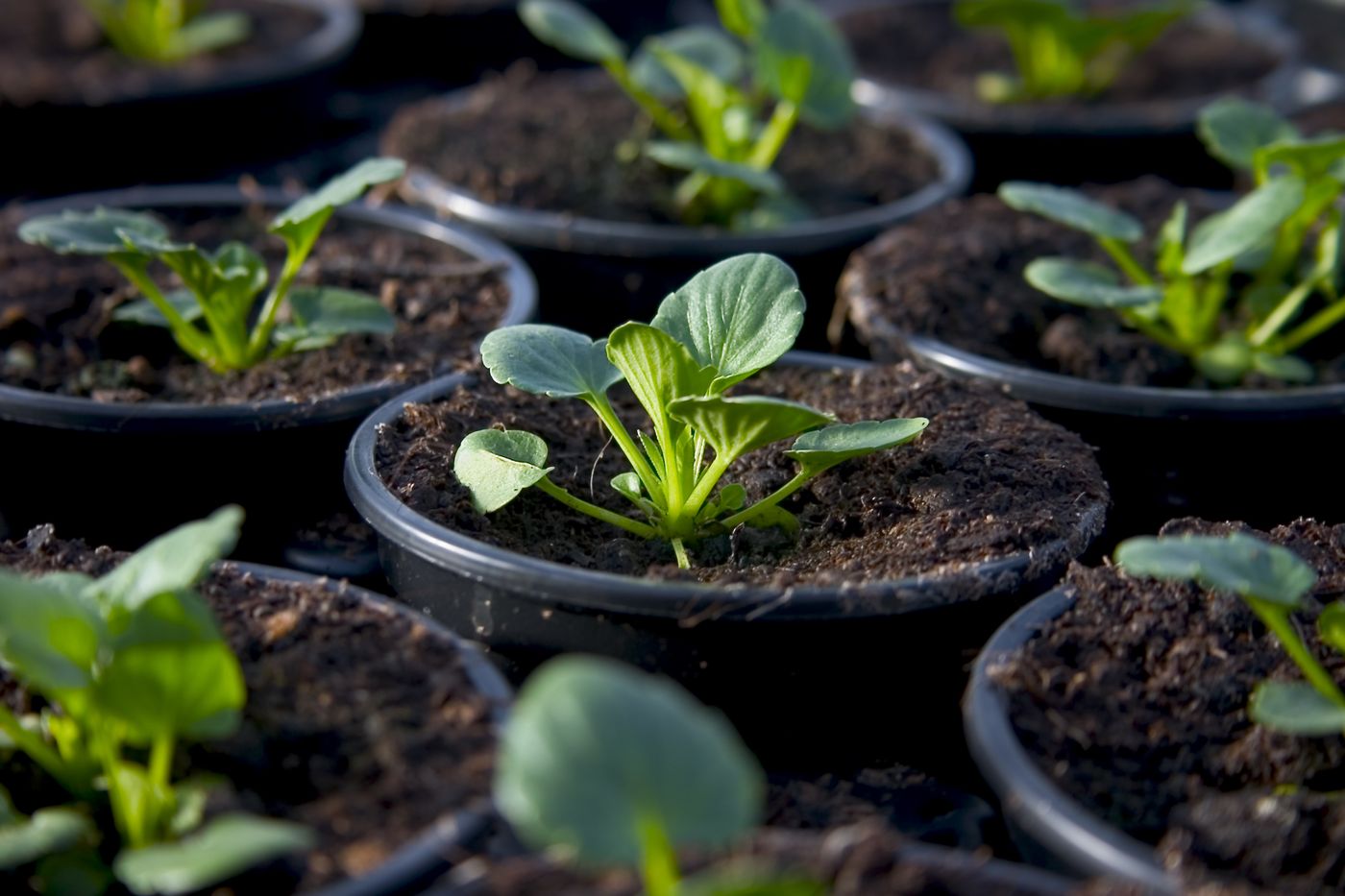Nurseries

Are you aware of the amount of water wastage in this sector?
Whether you run a production, wholesale, or retail site, an adequate supply of water is always important. However, you may not be aware of the large amount of water wastage. The Nursery and Garden Industry Australia's (NGIA) Best Practice Guidelines states: 'Water use efficiencies as low as 10% are common in Australian nurseries.'
Significant profits can be made from efficient water use
- Water bills are significantly reduced.
- Water recycling and runoff management allows further use of water for free.
- Water efficiency also encourages good business practices.
- The uniformity of crops increases, as does their quality.
- Dispatch costs are also reduced.

Three main areas to focus on water efficiency in nurseries are:
Irrigation
Many nurseries irrigate all plants to the needs of the driest, most water thirsty plant. This may mean that up to 80% of plants are receiving too much water! Irrigation must be designed and managed properly. Fix water efficient nozzles to any overhead sprinkler and apply the water evenly.
Water recycling
Recycling water reduces consumption of mains water and limits the amount of runoff from the site. There are various treatment and disinfection techniques. Determine what your requirements are before deciding what treatment mechanism is necessary.
Runoff management
Managing runoff has many benefits; one of which is to help recover used water safely for treatment and recycling. Establish an erosion, sediment, and litter control plan, for the development and running of the nursery.
Water efficiency doesn’t necessarily mean buying new products
It is often a matter of good site design and management. This includes such activities as arranging plants for efficient water application and educating staff. Develop a management plan that encourages all workers to get involved.
If you are planning to incorporate water efficient practices into your business, seek further expert advice. The NGIA can provide information on training courses and sources of detailed information. Also, remember to consult your local council/shire, your water authority and your electricity supplier on local issues and regulations.

